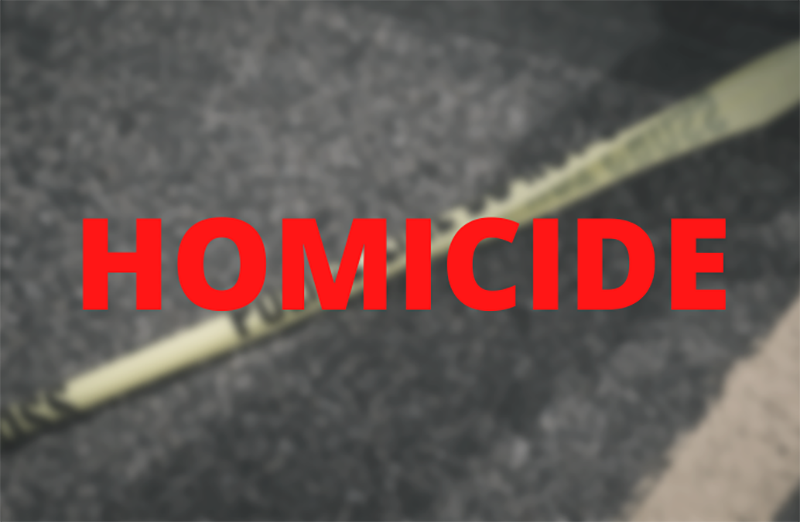
Thank you for reading D.C. Witness. Help us continue our mission into 2024.
Donate NowBy
Rebecca Connor [former]
, Ayoola Fadahunsi [former] - June 21, 2023
Court
|
Daily Stories
|
Homicides
|
Non-Fatal Shooting
|
Shooting
|
On June 20, prosecution and defense attorneys presented their final arguments in a first-degree murder case, during which they summarized evidence before the jury and DC Superior Court Judge Michael Ryan.
Victor Coley, 60, is charged with 17 counts, including first-degree murder and assault with intent to kill, for his alleged involvement in a shooting that occurred on Nov. 6, 2013 on the 3900 block of Minnesota Avenue, NE, that left four individuals suffering from gunshot injuries.
Dennis Foster, 65, one of the shooting victims, succumbed to his injuries on Dec. 3, 2021.
During the prosecution’s closing statements, they argued that Coley intended to “execute” Foster and one of the other shooting victims.
The prosecution argued that Coley purposefully ditched evidence in order to mislead police, including the disposal of a gun and a black sweatshirt at an apartment near the scene after the incident but before he was apprehended by police. Coley was wearing a light gray sweatshirt when he was arrested.
One prosecutor said the jury should not return a verdict of not guilty, “Just because [Coley] was covering his tracks.”
Prosecutors also reminded the jury of eyewitness testimony that identified Coley as the shooter at the scene, both before and after the arrival of police.
Defense attorney Carrie Weletz, in her closing argument, questioned, “Do the pieces fit?” Weletz suggested that the prosecution’s timeline does not make sense.
According to Weletz, the prosecution suggests that in three minutes Coley was allegedly able to fire six shots, walk to the apartment near the scene, gain access to the building, as well as a plumbing closet within the apartment, hide firearms, change his sweatshirt, and then walk outside.
According to Coley’s medical records, he had a pacemaker implanted as a result of his heart condition. Coley’s defense suggested that based on his health, Colet would have been physically exhausted by the effort.
The officer who arrested Coley, some three minutes after the incident, said that Coley was not out of breath or sweating when he was arrested.
Other alleged inconsistencies were brought forth by the defense.
No blood was found on Coley or his clothing, despite the shooting’s being at close range, and no DNA was found on the firearms or the area where the weapons were stashed and the space was not tested for fingerprints.
Investigators found no DNA evidence linked Coley to the incident.
Multiple experts were brought forth to testify about Foster’s cause of death, and ultimately presented different theories to the jury.
During rebuttal, prosecutors attempted to discredit a defense witness formerly with the DC Medical Examiner’s office. He had earlier testified that Foster could have died from a drug overdose. That contradicted testimony from a current DC toxicologist who said the evidence showed Foster’s death was linked to the 2013 shooting.
However, prosecutors noted that the former employee left his job amid allegations he sexually harassed and denigrated female employees. The expert testifying in favor of the shooting theory is a woman.
The jury began deliberations, and are expected to continue for several days.
Follow this case